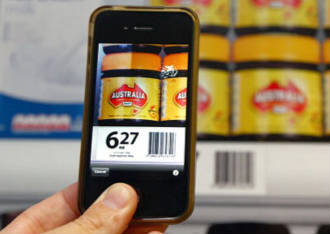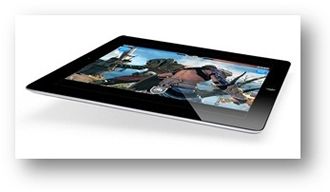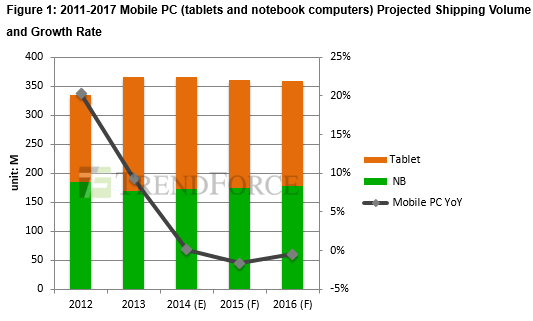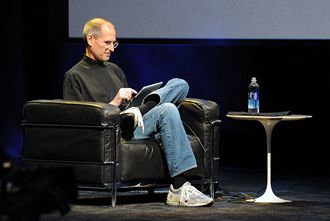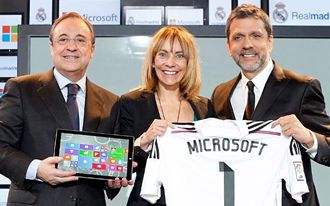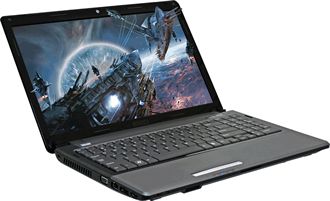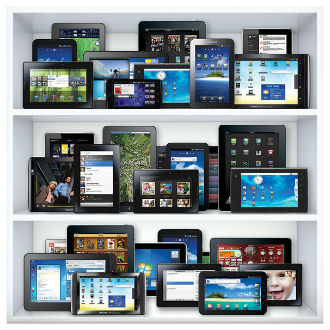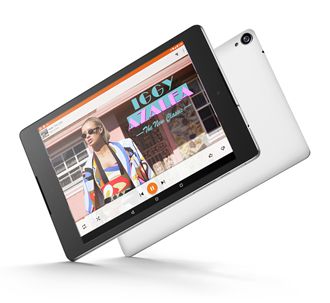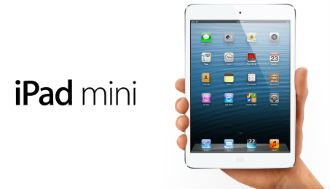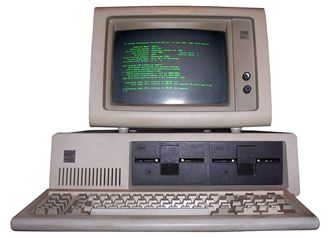 People are being tempted to upgrade their PCs after years of delayed renewals.
People are being tempted to upgrade their PCs after years of delayed renewals.
IDC said that PC shipments in Western Europe were up by 23.6 percent in the third quarter, compared with the same quarter last year.
Although sales slowed in the enterprise arena, people are being tempted by low end notebooks using Windows 8.1 Bing. The commercial sector has already largely completed its shift from Windows XP, IDC said.
The tablet market declined in the third quarter but 2-in-1 machines did well, growing 46.4 percent in the quarter. Smartphones showed 6.1 percent growth – largely caused by affordable smartphones and the arrival of 4G networks.
IDC calls notebooks, desktop PCs, smartphones and tablets “smart connected devices” and the leader of the pack is Samsung – even though its growth fell by 16.5 percent compared to the third quarter of 2013. Samsung was followed by Apple, Sony, HP, and Lenovo.
Lenovo showed a 64.1 percent unit growth quarter on quarter, year on year.
